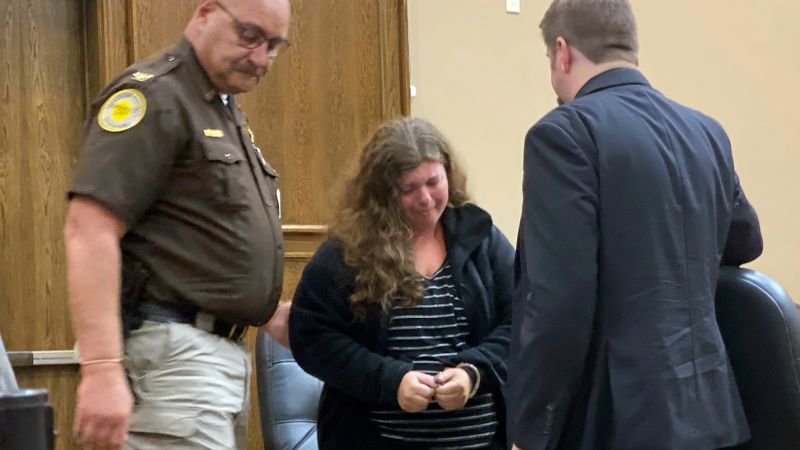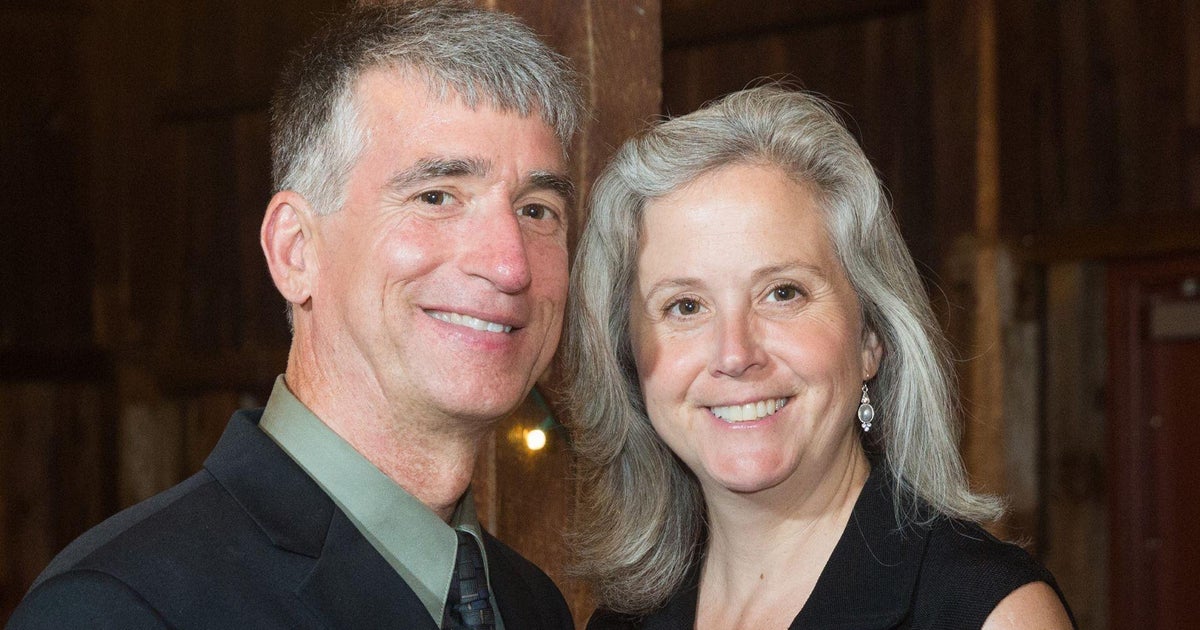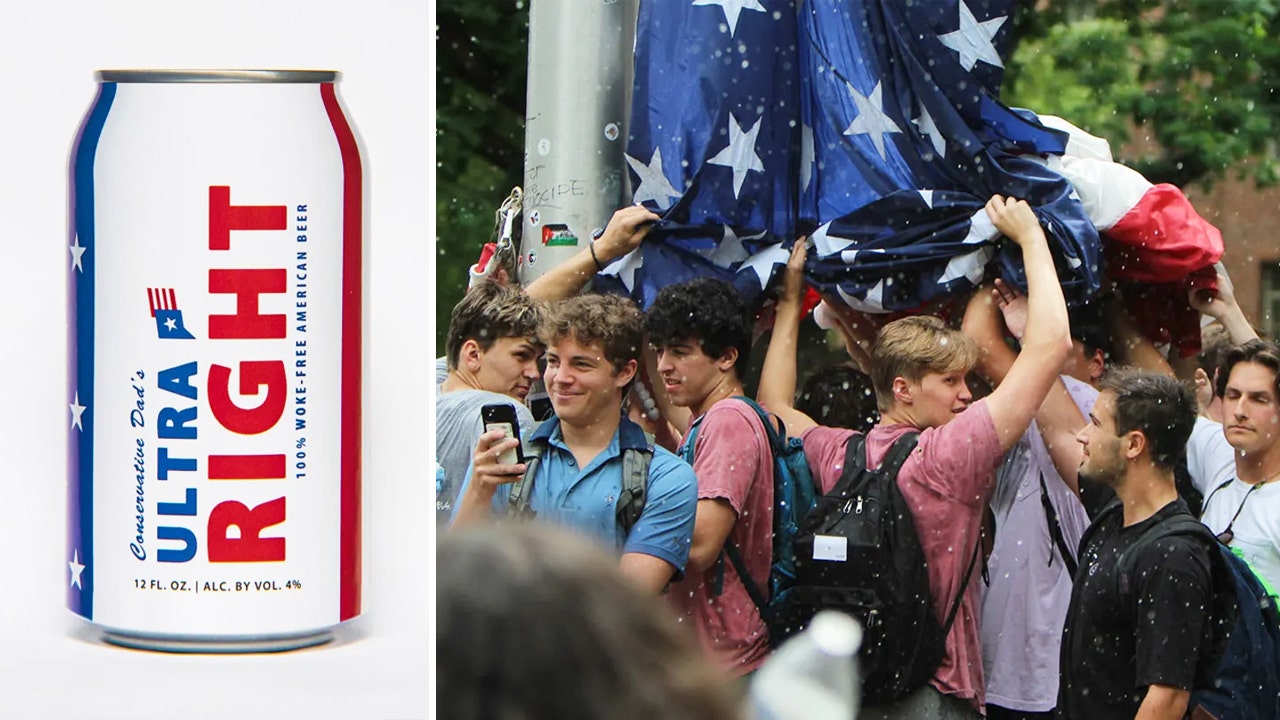CNN
—
A Nebraska mother who was accused of helping her 17-year-old daughter have an illegal abortion and disposing of the fetus was sentenced to two years in prison on Friday, the Norfolk Daily News reported.
The sentence comes after Jessica Burgess, 42, pleaded guilty in July to two felonies – removing, concealing or abandoning a dead human body, and performing an abortion beyond 20 weeks – and a misdemeanor charge of false reporting.
CNN has reached out to Burgess’s attorney, the Madison County attorney and the Madison County District Court for comment.
Burgess’s daughter, Celeste Burgess, now 19, was sentenced in July to 90 days in jail after pleading guilty to a felony charge of removing, concealing or abandoning a dead human body.
Norfolk police began investigating the women in April 2022 following concerns Celeste Burgess had delivered a stillborn fetus, according to court documents.
Authorities alleged Celeste Burgess had a medication abortion, and that it violated the state’s prohibition of abortion after 20 weeks. Celeste Burgess was around 28 weeks pregnant when her pregnancy ended, court documents alleged.
Earlier this year, Nebraska’s governor signed a bill into law that bans most abortions after 12 weeks, with exceptions for sexual assault, incest and medical emergencies.
Investigators used Facebook messages between the Burgesses to establish that they discussed obtaining abortion pills and burning “the evidence,” court documents showed.
The pills purchased by Jessica Burgess are not prescribed by doctors after a pregnancy has reached 10 weeks, Madison County Attorney Joe Smith said, according to the Norfolk Daily News.
“This defendant actually gave these drugs to her own daughter,” Smith said, according to the newspaper. “The defense lawyer did a good job avoiding a child abuse case. All of this was unnecessary. All of it was foolish.”
Jessica Burgess disputed some of the assertions in the police reports but accepted responsibility for her actions, her attorney Brad Ewalt said in the report.
“I understand that there’s law violations. I understand that there are serious law violations,” Ewalt said, the paper reported. “She understands that she is looking at some serious penalties here, but she’s accepting of that. And she’s ready to take what the court is going to give her.”
Jessica Burgess will be eligible for release after serving a year in prison, the newspaper reported.
Madison County District Judge Mark Johnson admonished her in court.
“I shudder to think, Ms. Burgess, that you have such disrespect for a – call it a human fetus, call it a stillborn child – that you would treat it like yesterday’s trash and not give it some respect in its treatment and disposal. Our society expects more; it demands more,” Johnson said.
“You were the adult throughout this entire time, and you failed miserably in being the adult adviser to your child,” he added.































